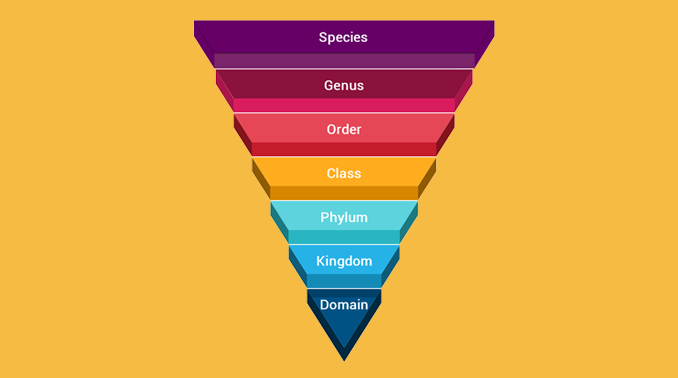Based on the Form Four Biology syllabus and analysis of past examination trends in Tanzania, the following topics are highly likely to appear frequently in examinations:
- Genetics: This is a cornerstone of Form Four Biology and often carries significant weight. Key areas include:
- Basic genetic terminology (genes, alleles, homozygous, heterozygous, genotype, phenotype).
- Mendelian genetics: Monohybrid and dihybrid inheritance, including genetic diagrams and Punnett squares.
- Sex determination in humans.
- Sex-linked inheritance (e.g., color blindness, hemophilia).
- Variations and their causes (genetic and environmental).
- Evolution by natural selection (basic principles).
- Ecology: This topic deals with the interactions between organisms and their environment:
- Basic ecological terms (habitat, population, community, ecosystem, biosphere).
- Food chains and food webs, trophic levels, and energy flow.
- Ecological pyramids (numbers, biomass, energy).
- Nutrient cycles (carbon cycle, nitrogen cycle, water cycle).
- Environmental pollution (types, sources, effects, and control measures).
- Conservation of natural resources.
- Human Physiology (Body Systems): Understanding the structure and function of various human body systems is crucial:
- The Circulatory System: Structure and function of the heart, blood vessels (arteries, veins, capillaries), and blood. Blood groups and blood transfusion.
- The Respiratory System: Structure and function of the lungs and respiratory passages, mechanism of breathing, gaseous exchange.
- The Excretory System: Structure and function of the kidneys and other excretory organs, formation of urine.
- The Nervous System: Structure and function of the brain, spinal cord, and nerves, reflex actions.
- The Endocrine System: Major endocrine glands and the hormones they secrete, their functions, and effects of imbalances (basic understanding).
- The Reproductive System: Structure and function of the male and female reproductive systems, menstrual cycle, fertilization, and early development.
- Diseases and Health: This topic focuses on common diseases and their prevention:
- Types of diseases (communicable and non-communicable).
- Transmission, symptoms, prevention, and control of common communicable diseases in Tanzania (e.g., malaria, HIV/AIDS, tuberculosis, cholera).
- Understanding immunity (natural and artificial).
- Importance of hygiene and sanitation.
- Growth and Development: This area covers the changes organisms undergo during their life cycle:
- Growth in plants and animals (differences).
- Stages of human development (infancy, childhood, adolescence, adulthood).
- Factors affecting growth and development.
While these topics are consistently emphasized in Form Four Biology examinations in Tanzania, it is essential for students to have a comprehensive understanding of the entire syllabus. Examiners may include questions that integrate concepts from different areas, and a strong grasp across all topics will lead to better performance. Practical skills and the ability to apply biological knowledge to real-life situations are also often assessed.


No comments
Post a Comment